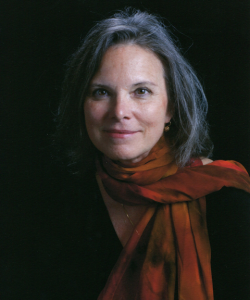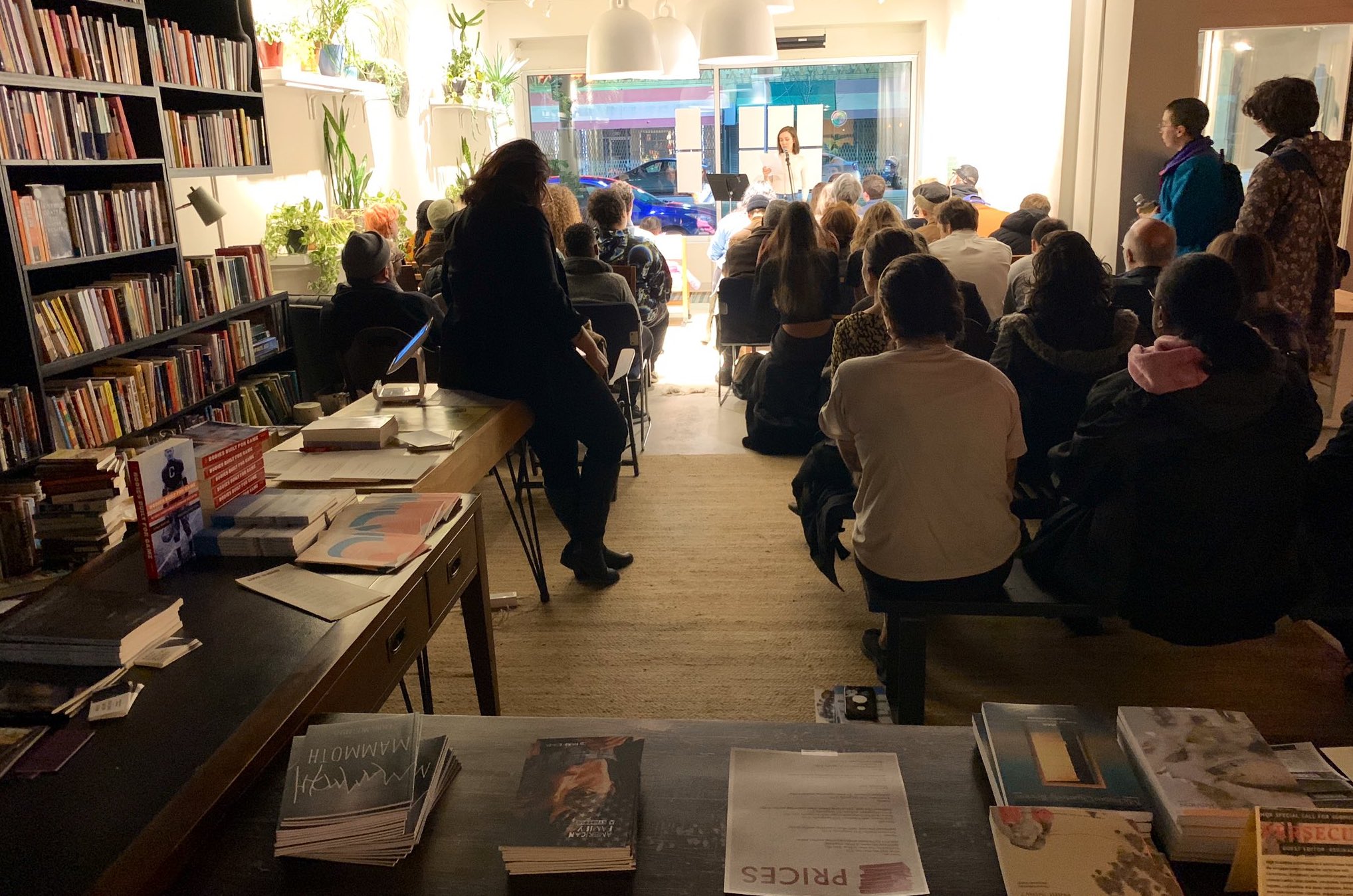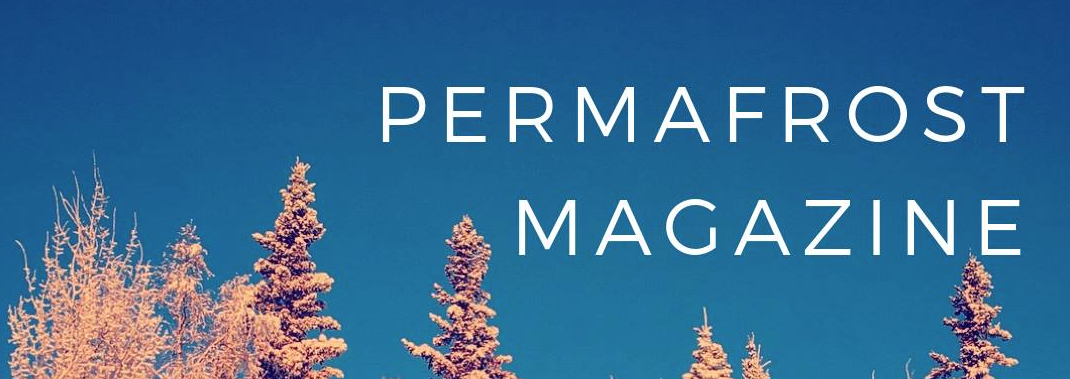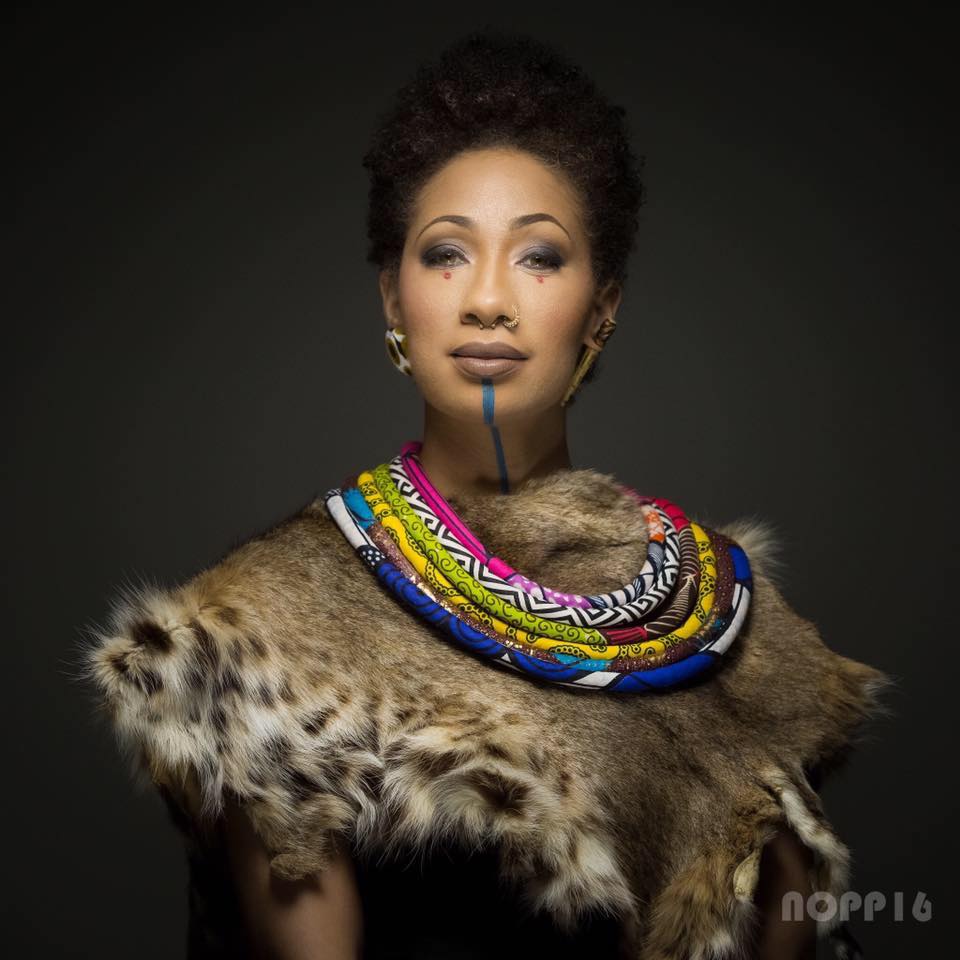The first contest deadlines of spring are upon us. These poetry, fiction, nonfiction, and translation awards include a prize for fiction by a first-generation immigrant and opportunities to give readings in Ireland and New York City. All offer a cash prize of $1,000 or more, and all have deadlines of either March 30 or March 31.
Arts & Letters Prizes: Three prizes of $1,000 each and publication in Arts & Letters are given annually for a group of poems, a short story, and an essay. Cate Marvin will judge in poetry, Devi S. Laskar will judge in fiction, and Jason Allen will judge in nonfiction. All entries are considered for publication. Deadline: March 31. Entry fee: $20.
Saif Ghobash Banipal Prize for Arabic Literary Translation: A prize of £3,000 (approximately $3,945) is given annually for a book of poetry or fiction translated from Arabic into English and published for the first time in English during the previous year. Translations of Arabic works of poetry or fiction originally published in 1967 or later are eligible. Deadline: March 31. Entry fee: none.
Black Lawrence Press Hudson Prize: A prize of $1,000, publication by Black Lawrence Press, and 10 author copies is given annually for a collection of poems or short stories. The editors will judge. All entries are considered for publication. Deadline: March 31. Entry fee: $25.
Chautauqua Institution Janus Prize: A prize of $5,000 and publication in Chautauqua will be given annually to an emerging prose writer. The winner will also receive lodging and travel expenses to give a lecture during the Summer 2020 season of the Chautauqua Institution in Chautauqua, New York. Writers who have not published a book of up to 15,000 words totaling no more than 100 pages in any prose genre are eligible. Hilary Plum will judge. Deadline: March 31. Entry fee: $20.
Cleveland State University Poetry Center Lighthouse Poetry Series: A prize of $1,000 and publication by the Cleveland State University Poetry Center is given annually for a poetry collection. Randall Mann will judge. Deadline: March 31. Entry fee: $28 (includes a recent book from the poetry center’s catalogue).
Elixir Press Antivenom Poetry Award: A prize of $1,000 and publication by Elixir Press is given annually for a first or second poetry collection. All entries are considered for publication. Deadline: March 31. Entry fee: $30.
Fish Publishing Poetry Prize: A prize of €1,000 (approximately $1,100) and publication in the 2020 Fish Publishing anthology is given annually for a single poem. The winner is also invited to read at the anthology launch event at the West Cork Literary Festival in July. Billy Collins will judge. All entries are considered for publication. Deadline: March 31. Entry fee: €14 (approximately $15).
Four Way Books Levis Prize in Poetry: A prize of $1,000 and publication by Four Way Books is given annually to a U.S. poet for a poetry collection. The winner will also be invited to participate in a reading in New York City. Diane Seuss will judge. Deadline: March 31. Entry fee: $30.
Gemini Magazine Short Story Contest: A prize of $1,000 and publication in Gemini Magazine is given annually for a short story. The editors will judge. Deadline: March 31. Entry fee: $8.
Indiana Review Poetry and Fiction Prizes: Two prizes of $1,000 each and publication in Indiana Review are given annually for a group of poems and a story. Javier Zamora will judge in poetry and Angela Flournoy will judge in fiction. Deadline: March 31. Entry fee: $20 (includes subscription).
Narrative Winter Story Contest: A prize of $2,500 and publication in Narrative is given annually for a short story, a short short story, an essay, or an excerpt from a longer work of fiction or creative nonfiction. A second-place prize of $1,000 is also awarded. The editors will judge. All entries are considered for publication. Deadline: March 31. Entry fee: $27.
Press 53 Prime Number Magazine Awards: Two prizes of $1,000 each and publication in Prime Number Magazine are given annually for a poem and a short story. Adrian Rice will judge in poetry and Wendy J. Fox will judge in fiction. Deadline: March 31. Entry fee: $15.
Red Hen Press Nonfiction Award: A prize of $1,000 and publication by Red Hen Press is given annually for an essay collection, memoir, or book of narrative nonfiction. Kristen Millares Young will judge. Deadline: March 31. Entry fee: $25.
Restless Books Prize for New Immigrant Writing: A prize of $10,000 and publication by Restless Books is given in alternating years for a debut book of fiction or nonfiction by a first-generation immigrant. The 2020 prize will be given in fiction. Writers who have not published a book of fiction in English are eligible. Dinaw Mengestu, Achy Obejas, and Ilan Stavans will judge. Deadline: March 31. Entry Fee: none.
Frost Farm Prize: A prize of $1,000 is given annually for a poem written in metrical verse. The winner also receives a scholarship and a $400 honorarium to give a reading at the Frost Farm Poetry Conference in Derry, New Hampshire, in June. Rachel Hadas will judge. Deadline: March 30. Entry Fee: $6 per poem.
Visit the contest websites for complete guidelines, and check out the Grants & Awards database and Submission Calendar for more contests in poetry, fiction, and creative nonfiction.









